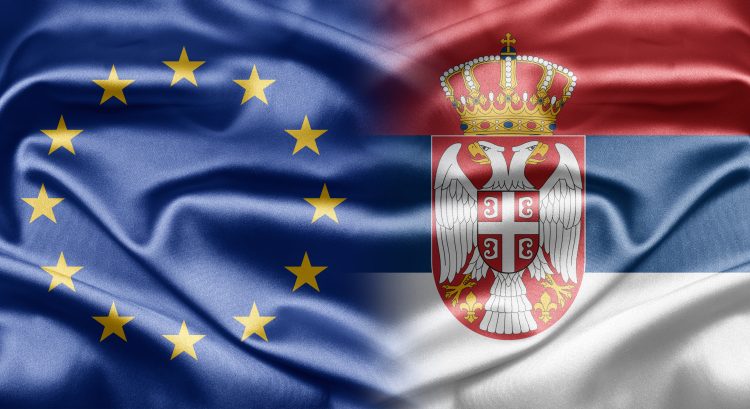European social survey (ESS) conducted in Serbia by the Institute of Social Sciences in partnership with other higher education and research institutions in cooperation with the Ministry of Education, Science and Technological Development is mentioned in the Chapter 25 of the European Commission’s Report on Serbia’s progress in the process of EU accession. The report specifically states that participation in the research infrastructures at the European level and in the European research area encourages scientific development and contributes to the improvement of scientific results in Serbia.
The director of the Institute of Social Sciences (ISS), Dr Goran Basic, stated: “I am very proud of the fact that the ISS and its partners contribute to the process of joining the EU, and that our work is recognized in the report of the European Commission. The ISS will continue to work on improving the quality of research in the field of social sciences through participation in international, European and regional projects. I believe that the mechanisms of comparative research contribute to the creation of better public policies, and that scientific diplomacy helps to position Serbian scientists on the international scene.”
Speaking for N1, Dr Basić especially emphasized the importance of EDI for institutions, civil society, economy and the improvement of the process of public policy making that will now be based on substantiated and quality data thus enabling the improvement of citizens’ lives and economic growth. He also underlined the importance of this research for improving the methodology in social sciences in a very short time.
European Social Survey is the most significant research in the field of social sciences conducted within the European Infrastructure Research Consortium and is recognized as the landmark research. Serbia participated in the ninth round of the survey for the first time in 2018 and preparations are currently underway for the tenth round of research.
Also, Professor Dr Vladimir Popovic, State Secretary of the Ministry of Education, Science and Technological Development, commenting on the report of the European Commission for RTS, emphasized the amendment of the Law on Science together with the establishment of the Science Fund as one of the factors that led to praise by the EU. According to him, one of the previous objections of the European Commission was to increase investment in science, and in the period from 2016 to 2020 it has been increased by 46.2 percent from the Ministry of Education, Science and Technological Development, which together with the amendment of some strategic documents led to greater competitiveness in science.

